The series focuses on explaining what AI is, how it works, how to use it responsibly, and how it can be used in teaching, especially in freeing up teachers' time from routine administrative tasks. It opens with an introductory fireside chat between Khan Academy founder Sal Khan and Code.org CEO Hadi Partovi.
The National Math and Science Initiative (NMSI) has announced the GM New Teachers Academy, an initiative to train over 1,300 Black, Latinx, and Indigenous first-year STEM teachers of grades 3 through 12.
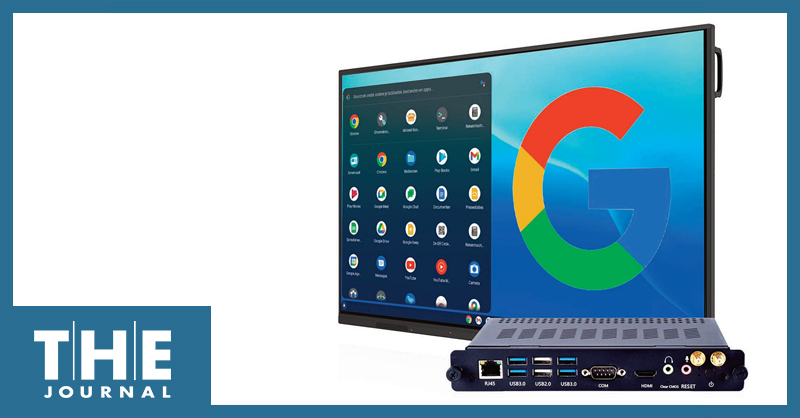
LG Business Solutions USA this week unveiled a new Google-certified ChromeOS slot-in PC for LG Createboard, during ISTELive 23 in Philadelphia, simplifying daily use and adding flexibility and features to classrooms using the Createboard, the company said in a news release.
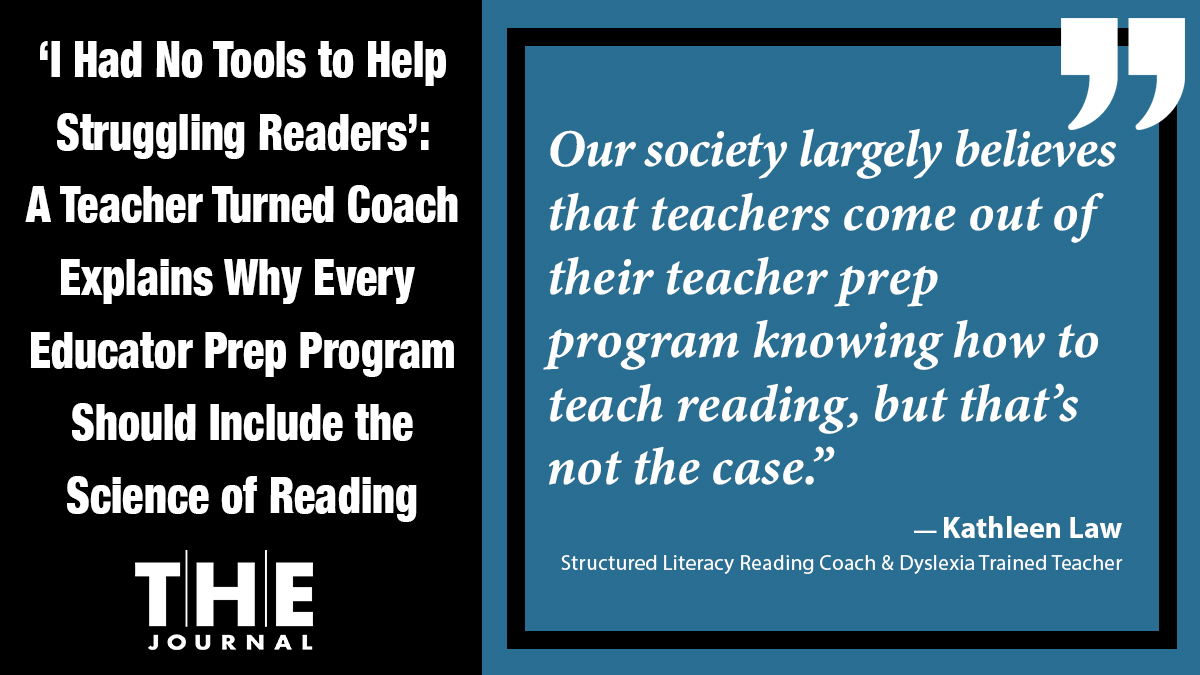
With nearly half of the nation’s new teachers still graduating without an understanding of high-quality reading instruction, former classroom teacher-turned-literacy coach Kathleen Law discusses why — now more than ever — every teacher prep program in the country should include the Science of Reading and give future teachers the foundational tools they need to help struggling readers.
K–12 science supplier Carolina Biological has teamed up with the Association for Science Teacher Education to provide professional development and teacher support in an effort to boost retention in the field, the organizations recently announced.
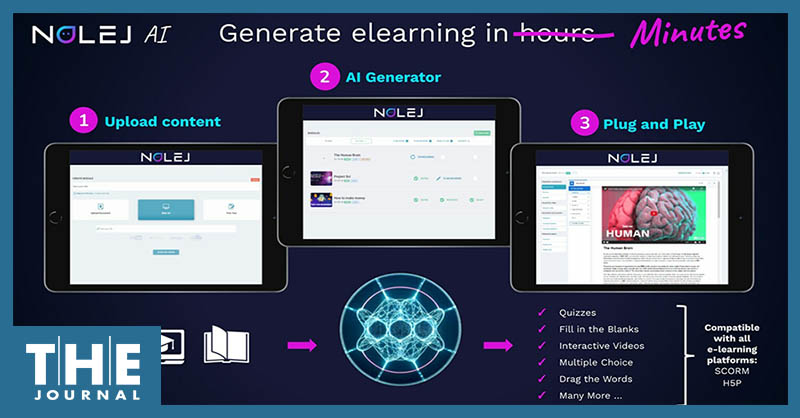
A French generative AI ed tech startup called Nolej (pronounced “knowledge”) has quietly launched a new OpenAI-based instructional content generator for educators, called Nolej AI, ahead of its official introduction at BETT in London on March 30 and a planned commercial debut at the ASU+GSV Summit on April 19, the company's chairman told THE Journal.
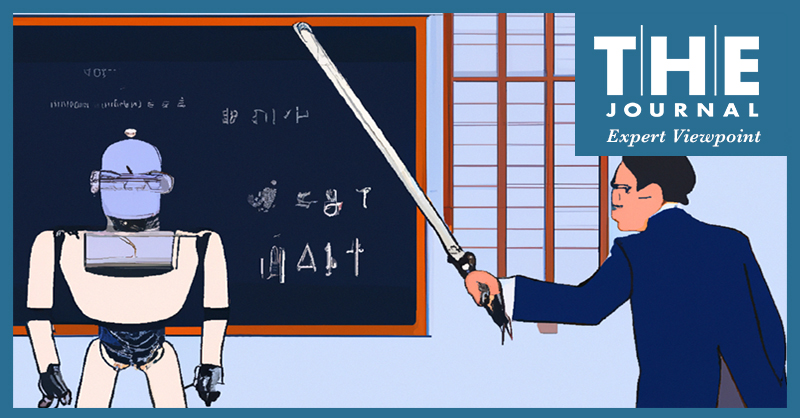
A technology educator shares how her nonprofit is using ChatGPT to help students participating in Technovation programs go further in their brainstorming and ideation as they aim to develop AI-based solutions to real-world problems. Here’s a concrete example from our program: Students in one group were interested in developing technology-based solutions to food wastage and conservation, encouraging more students to read, exercise, and be more inclusive.
ASCD this week unveiled its new professional learning and credentialing platform, Witsby. The new platform is designed to provide a range of learning tools across multiple platforms and provide "personalized professional learning paths to help educators stay on track — and on pace — to meet their evolving needs and goals."
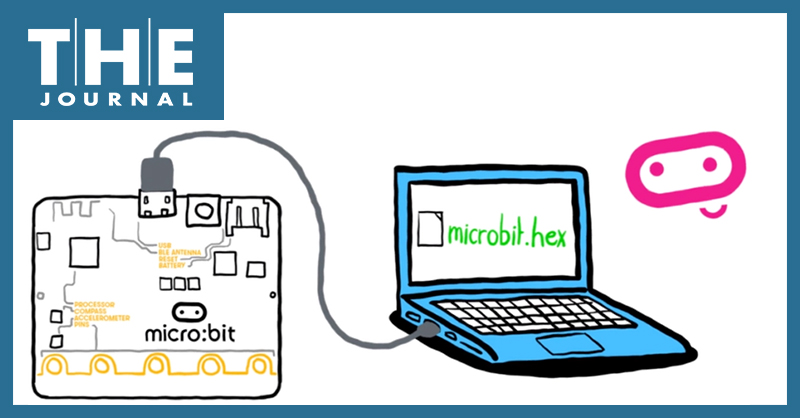
At this California school district, a new weekly prep period for all teachers opened the door for four Teachers on Special Assignment to travel to each campus and teach Computer Science to primary students once a week — here's how the TOSAs (with no formal training in computer science) dove into the new subject to add computer science instruction to every classroom grades K-6.
Curriculum Associates will launch a free K–12 webinar series starting March 2 and continuing through May 18 to help educators move from understanding to implementing science of reading, research-based teaching strategies in their classrooms. Titled “The Science of Reading: Putting Research into Action,” the seven-part series will cover phonology, multisyllabic words, alphabetics, decodable readers, phonics instruction, and word recognition.